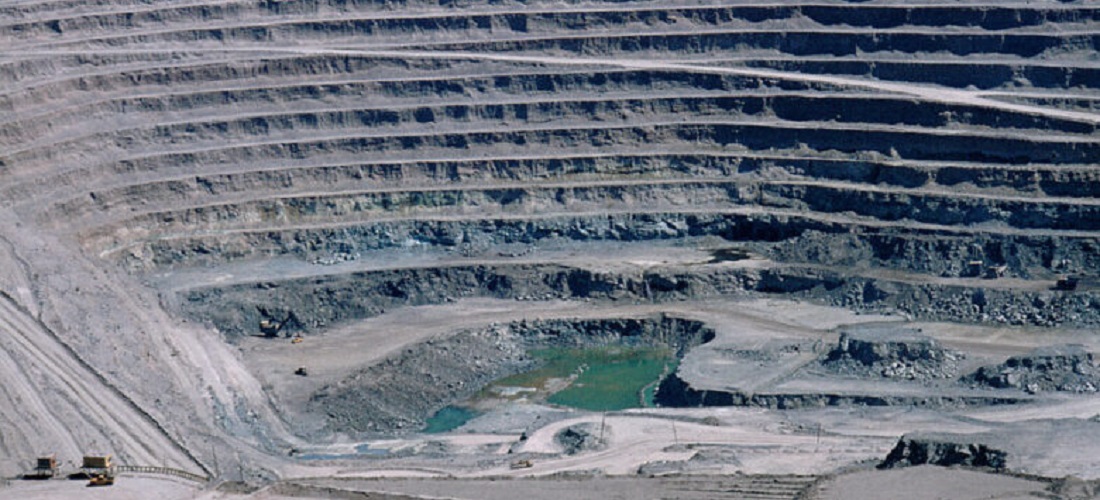
Argentina’s gov’t negotiating lithium export deal with US
Apr, 25, 2023 Posted by Gabriel MalheirosWeek 202320
Argentina’s government is moving forward with a bilateral agreement with the United States on Argentine lithium. Last year, US President Joe Biden approved the Inflation Reduction Act (IRA). It states that US$400 billion will be invested in the energy transition, as a result of which demand for lithium is expected to increase fourfold.
Although Argentina is the second country in the world in terms of lithium resources, it lacks a key IRA requirement – but the issue could soon be solved in negotiations led by Economy Minister Sergio Massa and the Foreign Ministry.
In August 2022, the United States passed the IRA, which provides for the largest investment in history to address the climate crisis. Its measures include the financing of low-emission technologies, with credit for solar energy and purchases of electric vehicles. The projection is that by 2030 the US could have a market where half of all vehicles are electric.
With these measures, annual lithium demand is expected to reach 2.4 million tonnes by that year, four times more than global production in 2022, according to Benchmark Mineral Intelligence. For a country like Argentina, this could be a great opportunity to increase exports.
There are currently two projects in production in Argentina that are under expansion, and another six under construction. The Economy Ministry projects that by 2025 production will climb to 200,000 tonnes per year, which will imply US$5.7 billion of exports, almost 10 times the current figure. However, the U.S. law has a requirement that Argentina does not meet: the credits granted to citizens for the purchase of vehicles, up to US$7,500 per unit, will be for manufacturing with resources coming from the US or countries with which the US has free trade agreements.
However, this difference could be bridged in intense negotiations being carried out by Massa with high-level White House officials, together with the Argentine Ambassador to the United States, Jorge Argüello, and the Foreign Minister, Santiago Cafiero. In principle, the Government welcomed three signals that could get around the problem the fact that Argentina, unlike regional neighbors such as Chile, does not have a free trade agreement with the US.
The first sign is regulation: months after the law’s approval, the regulation of the electromobility chapter was published last week. It states that the State Department suggests that in addition to free trade agreements, it should also include countries with which the US signs bilateral agreements.
The second sign the government is reading favorably is a report recently published by the U.S. Department of the Interior in conjunction with the Geological Survey, entitled “Mineral Commodity Summaries 2023”. In the part that talks about lithium, it states that “consumption for batteries increased significantly due to the growing market for electric vehicles and electronic devices.” Regarding production, it states that the U.S. lithium carbonate supply comes only from a mine in Nevada, so they needed to import it. Here, Argentina is the leading supplier with 51% of the market, taking an average of 2018-2021 purchases. It is followed by Chile with 40%, China with 4%, Russia with 3% and others with 2%.
The third signal is the agreement on “critical minerals” that Japan signed last week with the US to “strengthen the supply chain.” Although the geopolitical relationship between the US and Japan is quite different from the relationship between the US and Argentina, the agreement marks a reference.
The subject was discussed at the meeting of President Alberto Fernández with Biden at the White House, and between Massa and Wendy Sherman, number two at the State Department, and also with Juan González, Biden’s special advisor for Latin America.
Daily talks are being carried out by Argüello and Ávila with David Turk, U.S. Energy Secretary. Multinationals with a presence in Argentina are also lobbying for the agreement to move forward: from mining companies such as Livent and Allkem, to car manufacturers such as General Motors and Toyota.
When asked if these advances could imply any difference in Argentina’s bilateral relationship with China, a country that is increasingly investing in lithium, official sources answered: “The government’s position is that exports by companies based in Argentina are business between private parties.” In 2022, the destinations of Argentine lithium exports were China (42%), Japan (31%), and South Korea (13%). The US was in fourth place, with 9%.
Source: Buenos Aires Herald
To read the original report, please check: https://buenosairesherald.com/business/mining/government-negotiating-lithium-export-deal-with-us
-
Grains
Dec, 11, 2023
0
Brazil’s Corn Exports Projected for Record Year Despite December Dip
-
Steel and Aluminium
Dec, 02, 2019
0
Trump wants to resume steel and aluminum tariffs from Brazil and Argentina
-
Ports and Terminals
Mar, 17, 2020
0
Pecém denies news that coronavirus infected crew members are moored at port
-
Ports and Terminals
Jul, 10, 2020
0
Itaguaí Port`s June revenues reach a record breaking R$37.16 million



